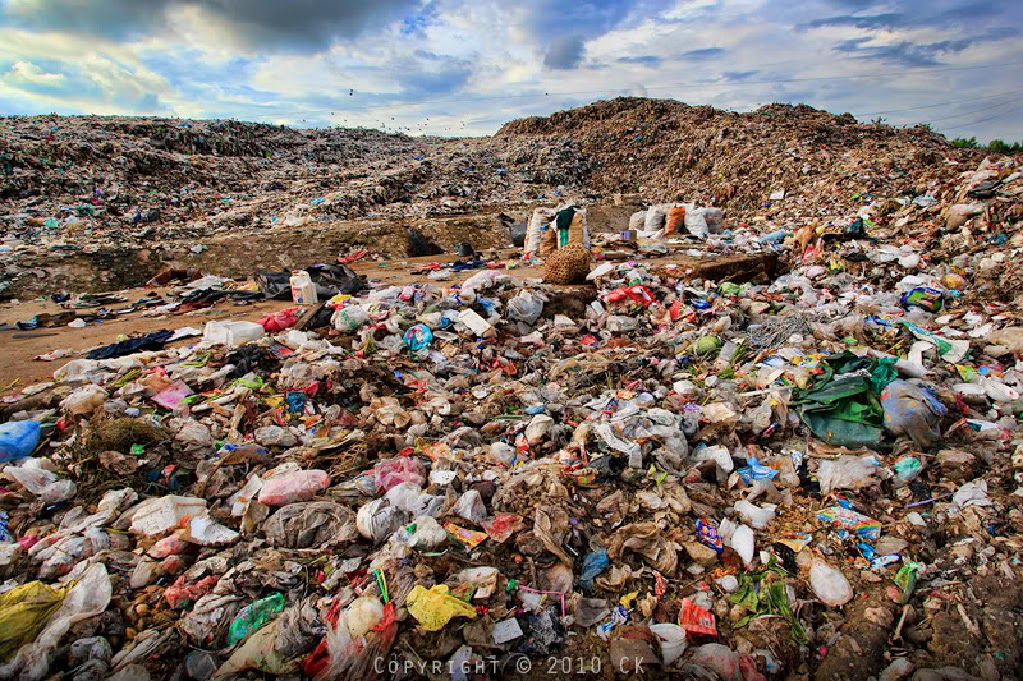CHEMICALS AND WASTE MANAGEMENT
When a product reaches the end of its life cycle, they are disposed of in landfills and are defined as waste. However scientifically speaking, there isn’t such a thing as waste in the world. If the components of solid waste are converted or treated in a scientific manner it will have some potential. Hence solid wastes are organic or inorganic waste materials produced out of household or commercial activities, that have lost its value.
Howsoever big or small the habitat, the generation of waste is inevitable. The gradual deviation of the society from nature is reflected upon the quantity of garbage that a community generates. Urbanization, Population explosion, fast adoption of ‘use & throw’ concepts are all worsening the waste management techniques implemented by the authorities.
The critical component in the manufacture of many products, and protection of human health, and an important contributor to the GDP are Chemicals. If not treated with good management practices, chemicals, and their hazardous wastes can pose significant risks to human health and the environment especially the poorest members of the global community.

The World Health Organization needs to generate certain objectives to improve peoples lifestyle.
General Objectives:
- Minimize the generation of industrial waste both in terms of quantity and quality.
- Raise the amount of assessment of industrial waste and improve the activities of the assessment sector and of obtained products.
- Reduce the number of waste fractions earmarked for dumping and guarantee it is done in accordance with the strictest possible safety conditions.
- Integrate the objectives in social awareness programs that involve the participation and collaboration of the public, economic agents and all authorities of the Administration.
- Coordinate the program with joint and complementary actions to be included in the updating of the municipal waste management program and establish, where necessary, the cooperation and participation needed by local authorities.
- Improve industrial waste management and promote the new specific technologies considered necessary to optimize this management.
- Incorporate instruments that make industrial waste management more flexible and that facilitate improved management.
- Simplify the waste management model and facilitate its use in all industrial sectors, in particular, SMEs, adopting new information technologies.
- Promote research and a network of technological innovation applied to the management field.
- Organize activities involving land protection and recovery of contaminated land.
- Promote the implementation of economic incentives favorable to improving industrial waste
8th World Congress on Chemistry & Organic ChemistryFrankfurt | GermanyOctober 22-24, 2018 chemistry.alliedacademies.com
Chemistry | Chemical | Solid Waste Management | Human Health | GDP | Hazardous wastes | Organic waste | Inorganic waste | industrial waste | waste management program | industrial waste management |
Comments
Post a Comment